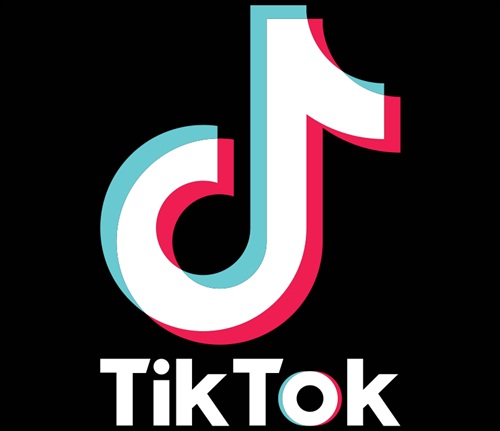Days after the Madras High Court ordered a ban on the lip-sync sharing app TikTok that exposed children to potential sexual exploitation by predators through pornographic content, the Supreme Court has asked the high court to review its verdict by 24 April or lift the ban on the app and allow it to regulate itself.
While TikTok has been banned from being downloaded through the Google Play Store or Apple App Store in India from 18 April, users were free to exchange content using the app as usual.
ByteDance, the Chinese company that distributes TikTok through Google Play Store and Apple App Store, moved the Supreme Court, claiming the high court ban has brought it losses worth crores of rupees.
Hearing the petitioners, the Supreme Court directed the Madras High Court to pass an interim order on the ban by 24 April. The apex court also said that if the High Court failed to decide on the interim relief by then, the order would stand vacated.
The Madras High Court order came on a plea filed by advocate and social activist Muthu Kumar on 1 April 2019 demanding that TikTok be banned in India as the app exposed children to potential sexual exploitation through pornographic content.
Pavan Duggal, advocate for the petitioner company said, “By passing this order, the SC has retreated the continuity of thought process. The SC has sent it to the Madras HC because the HC is seized of the matter in its totality. Clearly, the SC wants the HC to examine the matter keeping all the perspectives. In today’s scenario, merely banning or blocking of a mobile application may not work. Recently there has been news that on one of the API download website, the download to TikTok has increased 10-15 times in India after the ban. So there is a massive increase in people’s curiosity.”
“Blocking or banning is an antiquated phenomenon, it does not have any place in today’s scenario. So much of indirect ways are available online. Only by banning a mobile application or website one is contributing to the increase in its traffic and popularity. Indians have a propensity to explore banned or blocked content. Hopefully, now the Madras HC will see the matter holistically, taking in considerations that there are various stakeholders and apply an order which will help India but at the same time it isn't unworkable. We should protect our children but at the same time arrive at a balance on the use of technology and the balancing of rights,” he added.
The Supreme Court considers freedom of speech and expression as basic to all rights but has not commented on its potential to influence children in undesirable ways, including pornographic content and other social vulgarities.
Also, the apex court feels that bans without giving an opportunity to all stakeholders will impact business and that the company should have been given some time to take off all objectionable content, especially since it has proactively gone and removed such content.




















